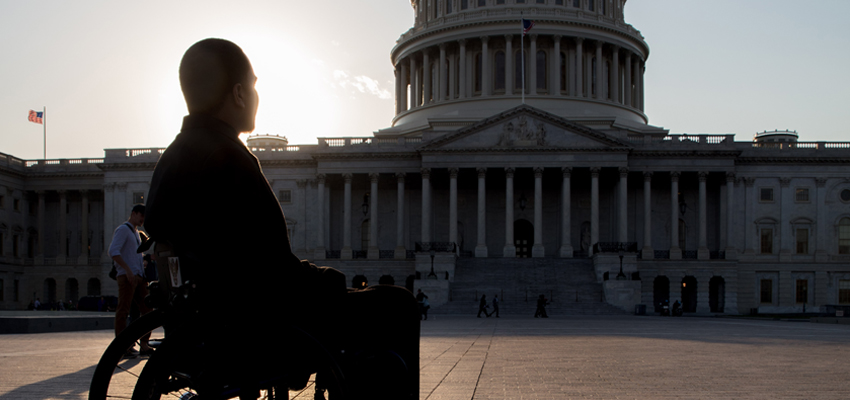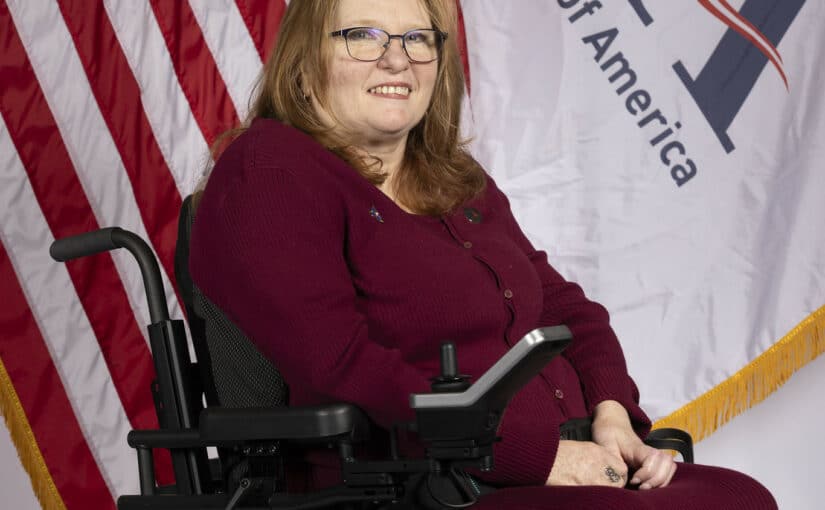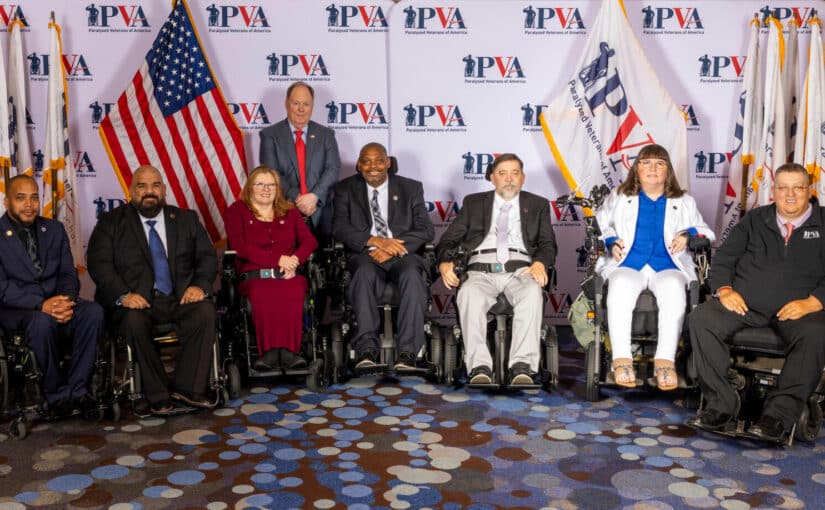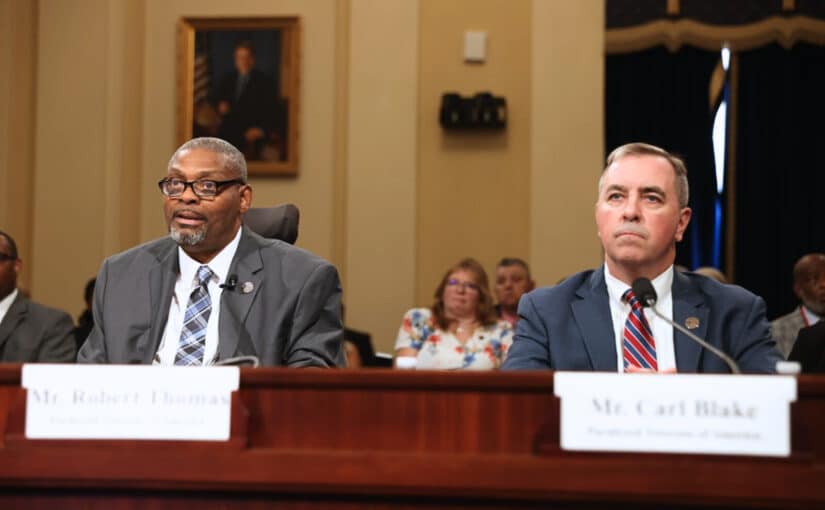Veterans organizations issue update report on VA MISSION Act implementation
Washington, D.C. — The Independent Budget (IB) co-authors—DAV (Disabled American Veterans), Paralyzed Veterans of America (PVA), and the VFW (Veterans of Foreign Wars)—have issued “The Independent Budget Veterans Agenda for the 116th Congress: Critical Issue Update.” This follow-up to the group’s 2019 report evaluates progress on 26 key recommendations concerning access to veterans health care, benefits and transitional services, to help ensure the VA MISSION Act will be wholly and effectively implemented.
Since the majority of the reforms contained in the VA MISSION Act have only been in effect since last June, and others have not yet been implemented, it is still far too soon to judge whether the law will achieve its intended purposes to improve veterans’ access to high-quality medical care. Overall, the transition of VA’s community care program from the Veterans Choice Program (VCP) to the VA MISSION Act’s Community Care Network (CCN) was significantly better than the transition to the original VCP. However, of the 26 recommendations The IB co-authors made in the 2019 report, only one has been fulfilled, 11 have not been fulfilled and 14 are considered “to be determined,” which indicates partial or no fulfillment, with aspects that cannot be fully evaluated at this time. For each recommendation, The IB co-authors explain the status rating, and in many cases, supplemental recommendations about how the VA and/or Congress can help to achieve the goal.

“This report is far from a final evaluation of the VA MISSION Act, especially as it has been less than a year since the law went into effect,” said The IB co-authors. “However, we believe it is imperative to establish these benchmarks early on to hold the VA and Congress accountable for the full and faithful implementation of the law, and ultimately, the reform of the veterans’ health care system. America’s veterans have earned and deserve nothing less, and we look forward to working in collaboration with leaders in the VA and Congress to bring the vision of the VA MISSION Act to fruition.”
For more than 30 years, The Independent Budget veterans service organizations (IBVSOs)—DAV (Disabled American Veterans), Paralyzed Veterans of America (PVA), and the Veterans of Foreign Wars of the United States (VFW)—have worked to develop and present concrete recommendations to ensure that the Department of Veterans Affairs remains fully-funded and capable of carrying out its mission to serve veterans and their families both now and in the future. Throughout the year, the IBVSOs work together to promote their shared recommendation, while each organization also works independently to identify and address legislative and policy issues that affect the organizations’ members and the broader veterans’ community.
To view The IB’s full budget and policy recommendations, please visit independentbudget.org.




